Companies today are investing more in delivering tailored services for increased customer satisfaction. With the advancement of technology and data analytics, that day is not far when marketers will be creating more ‘human’ experiences across different channels, moments, and buying journeys. By introducing interactive physical shopping experiences, eCommerce businesses can gain more permanent clients through personalization.
Modern-day customers have high expectations from brands, as they want them to understand their unique needs and personal desires. To learn about specific interests, challenges, buying patterns, and purchase psychology of customers, businesses need to implement data analytical tools to gain real-time insights into the market demands and customers’ buying habits. Such customer intelligence information is like a treasure for any business, and a good marketer will take full advantage of it to make informed advertising decisions.
What is Personalized Customer Experience?
Brands put efforts into delivering personalized customer experiences to offer customized or individualized experiences to customers. Companies achieve this by providing solutions that address their personal preferences and unique needs.
Personalization is a priority for every forward-thinking business that is continuously making efforts to deliver superior quality customer experiences. By offering the best-in-class personalized customer support and care, you can
- Generate higher customer demands
- Develop brand loyalty and a lifetime value for your customers
- Achieve your business goals
- Boost your sales and ROI
- Enhance your customer retention rates and decrease bounce rate or car abandonment rates.
How to Achieve Personalization through Business Intelligence?
Business intelligence, or BI, is a technology-driven infrastructure that can collect, store, and analyze data generated from a company’s activities. BI is an umbrella term that encompasses numerous processes, including process analysis, data mining, descriptive analytics, and performance benchmarking. Business intelligence data delivers actionable insights that enable managers excited, data scientists, and markets to make smarter business decisions.
Business intelligence enables businesses to identify better business opportunities, spot inefficient processes, and address any loopholes on time, thus cutting unnecessary costs. Moreover, BI enables companies to understand their prospects on a deeper and personal level. Business intelligence can provide brands with specific customer-centric data by driving information about their personal needs, interests, buying patterns, and demographics, including income, age, gender, ethnicity, race, etc.
Mastering the art of business intelligence, more specifically customer intelligence, to gain vital customer data is crucial for any eCommerce brand to stay afloat in today’s tough competition. Customer intelligence is a narrowed-down process of market research strategy that helps businesses collect and analyze customer data. Customer intelligence aims to help businesses understand their customers personally to make them feel more valued and cared for.
Read also: Benefits of Virtual Marketplace development with Augmented & Virtual Reality
How Business Intelligence-Driven Push Notifications Help Personalized Customer Experiences?
Push notifications are clickable and interactive pop-up messages appearing on a user’s browser. These notifications aim to deliver or ‘push’ important information to a computing device from a mobile app or server, where the transaction request is initiated. Push notifications may appear on any device or browser, irrespective of screen size or operating system. These serve as a quick message delivery system or a communication channel that helps brands convey vital messages about new product launches, offers, special discounts, or other business news to potential buyers.
In BI, push notifications to allow businesses to stay updated about the latest market trends and customers’ buying behaviors in real-time. Marketers or managers don’t need to monitor their data analytics dashboards constantly to learn about the latest purchase trends or customer data. For instance, by employing rule-based alerts and notifications, businesses can know every time something is happening in the market, either good or bad.
With smart push notifications, you are always in charge. You can establish threshold values and alerts based on your marketing KPIs, dashboard status, and data rules. You can get notified every time a threshold changes in real time for both good and bad events.
Furthermore, you can integrate your push notifications into project or task management tools like MS Team, Slack, or emails, to receive more accurate business intelligence data and analytics. Such integrations will ensure you never miss another alert or notification about any market changes, thus enhancing work efficiency and reducing time for insights. By saving your vital work time, you can eliminate analysis fatigue and focus on more crucial business operations.
By integrating push notifications, you can gather valuable business and customer data, allowing you to personalize your products and services. Business intelligence-driven push notifications enable companies to create and deliver customized experiences to their buyers. Let’s see how it works.
- Identify Purchase Patterns
Business intelligence-driven push notifications and alerts help brands understand their customers on a deeper level. Moreover, they can develop personal relationships with their customers by sending customized messages and offers to potential buyers on their mobile apps, browsers, emails, etc.
Companies can also analyze specific data for a customer’s online and in-store purchases, thus understanding their preferences, needs, and buying behaviors better. It encourages customer engagement, builds brand loyalty and trust, and entices casual visitors to become paying customers.
- Provide Promotional Offers
By sending push notifications, you can inform your customers about special coupons and promotional offers to deliver higher value to loyal customers, thus boosting brand awareness and customer satisfaction rates. And if these promotional offers happen to match your prospect’s needs or wishlist, then it’s your golden chance to convert them.
To add a touch of personalization, you can offer specific discounts or freebies on special occasions like customer anniversaries, birthdays, etc. This will show you care for your buyers and understand their wants. It also lets you understand their needs and preferences.
- Location-based Targeting
You can create geo-based push notifications for your customers by delivering location-specific offers, product recommendations, and support on their mobile apps, emails, SMS, or browsers. This will enable customers to visit their nearest store to get hands-on their favorite products.
You can also send them location-targeted notifications or alerts regarding the promotional offers and latest deals at the physical store in their vicinity. It will boost customer footfall at your local brick-and-mortar store locations, thus enhancing revenue and cash flows.
- Send Checkout Reminders
Online businesses have experienced tons of potential customers who have added endless items to their carts or wishlists but have somehow abandoned their carts to purchase them later. But that ‘later’ rarely comes sooner.
Therefore, to keep your products moving, develop push notifications regarding checkout reminders to customers who have left their carts. It will make many interested buyers complete the purchase and, hence, their buying journey. Besides, check out reminders also remind customers of the things they need or wish to buy, which they have somehow left due to busy work schedules.
Final Words
To conclude, business intelligence-powered push notifications enable brands to deliver tailored offers and provide distinct solutions to cater to the buyers’ specific concerns and requirements. Personalized customer experiences help to add quality and value to their lives. Customer behaviors change rapidly. Therefore, you must stay updated on the latest market trends to provide more customized experiences, thus enhancing user engagement, building trust, and boosting sales.
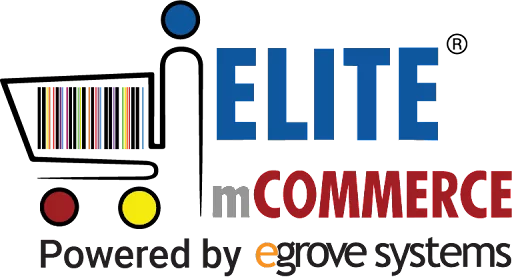
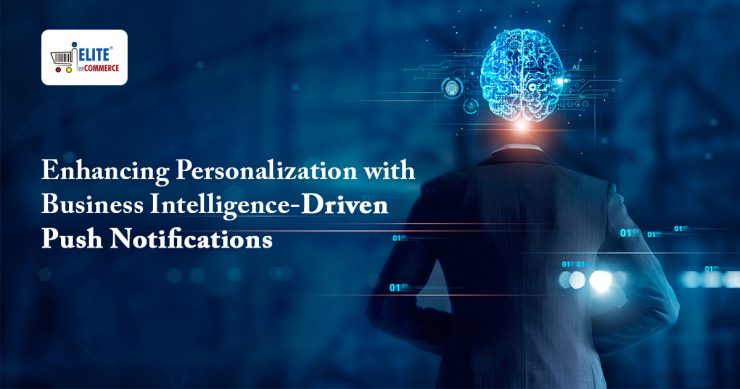


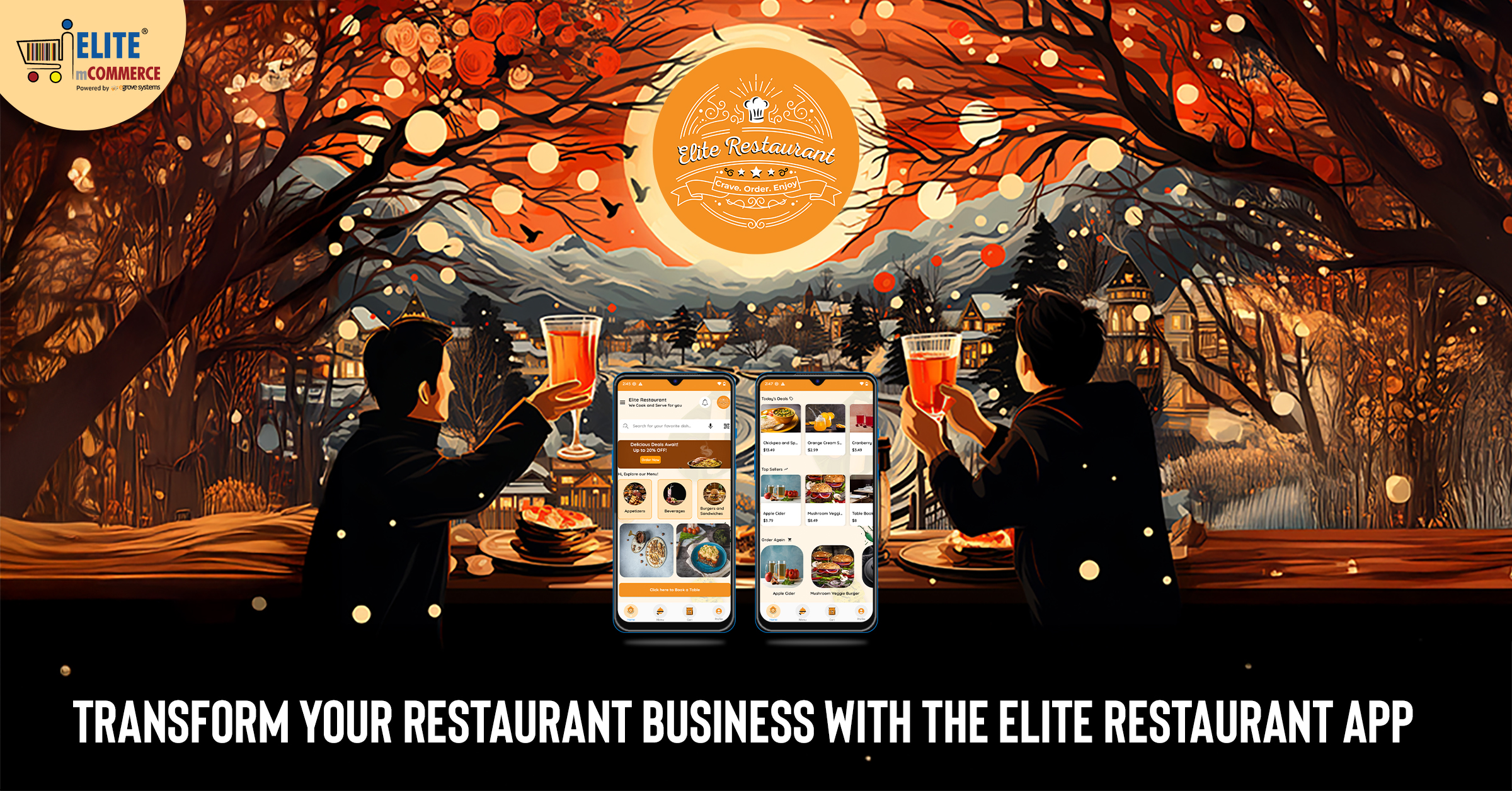
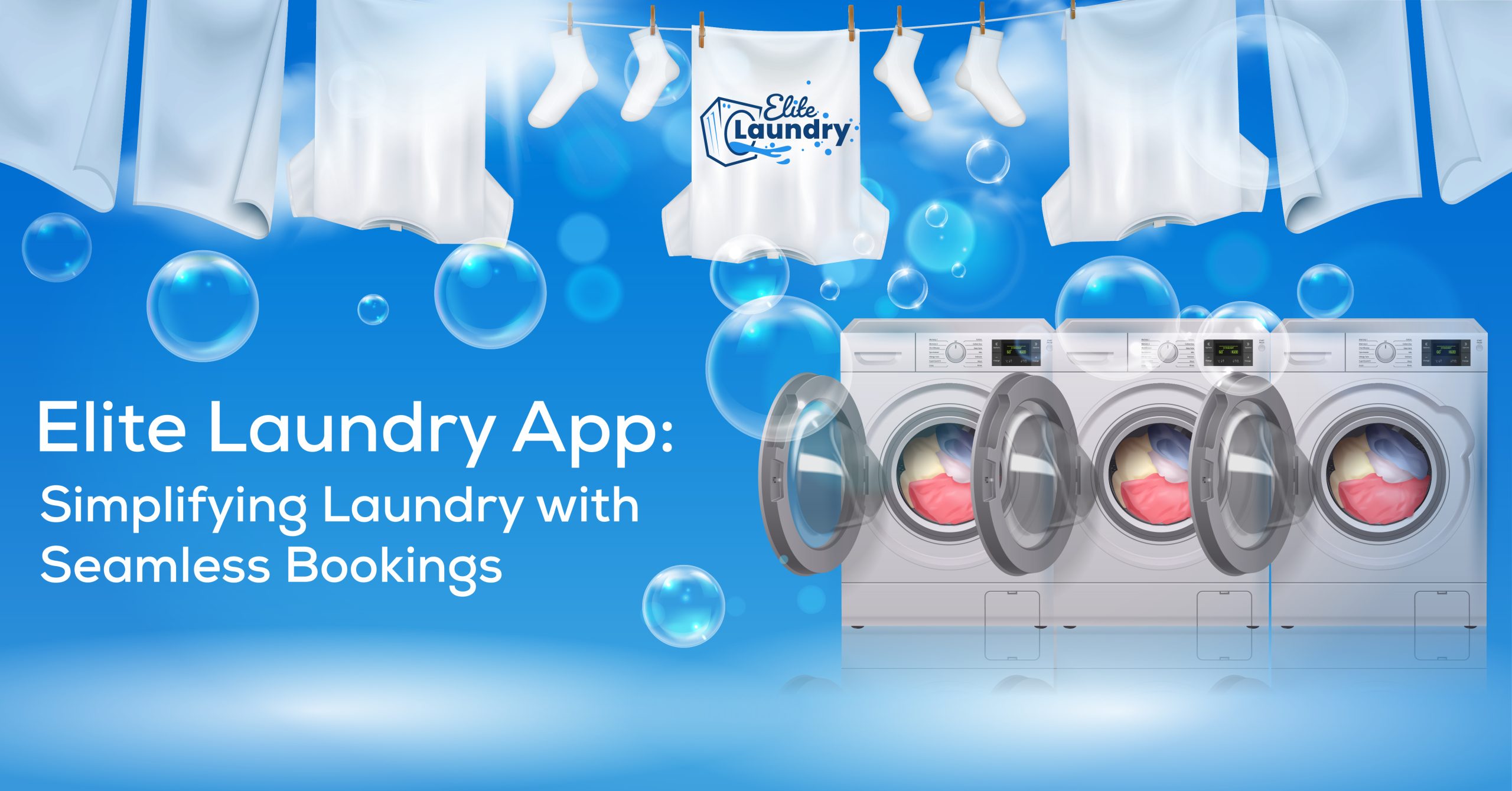
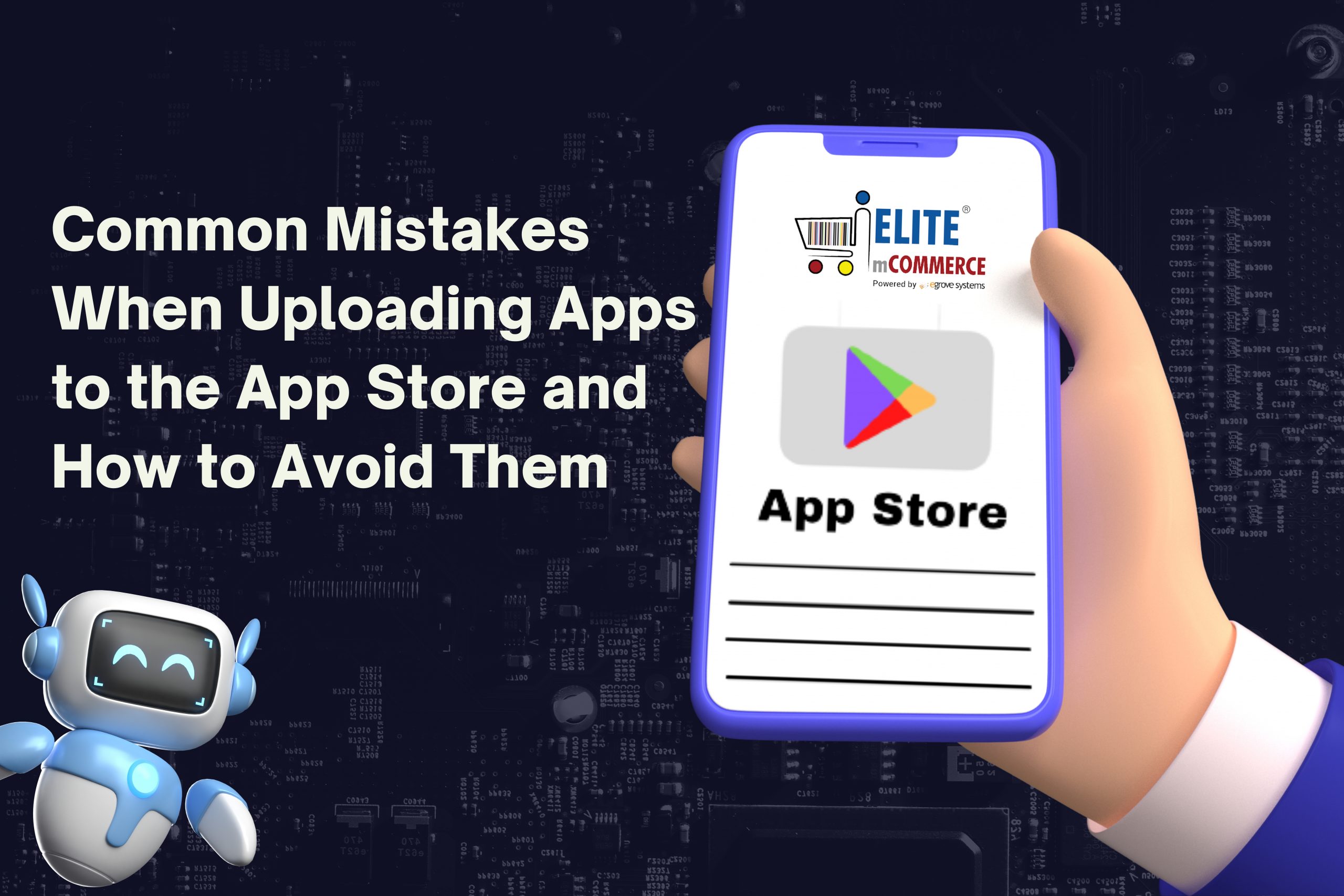
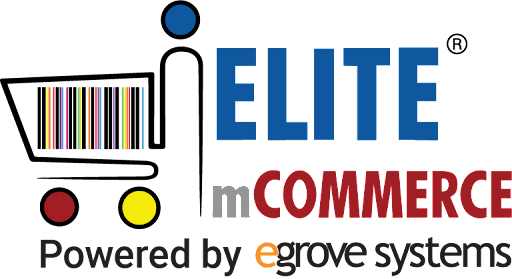

Your analysis explores how leveraging business intelligence-driven push notifications enhances personalized customer experiences. It emphasizes the importance of data analytics in understanding customer behaviors and preferences, enabling timely and relevant interactions. By utilizing push notifications, businesses can identify purchase patterns, offer tailored promotions, implement location-based targeting, and send checkout reminders, fostering customer engagement and loyalty. Integration with project management tools streamlines data analysis, optimizing operations for capitalizing on emerging opportunities. Ultimately, these strategies enable businesses to forge stronger connections with customers, driving sustainable growth in today’s dynamic marketplace.